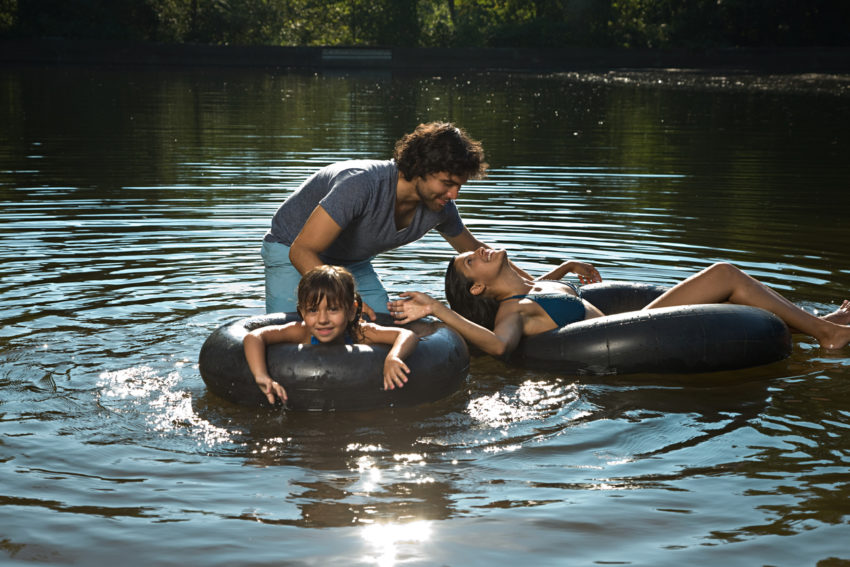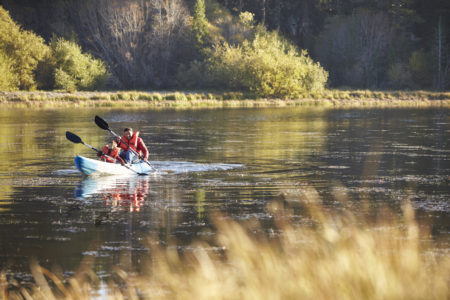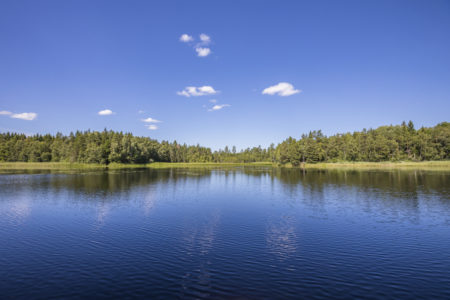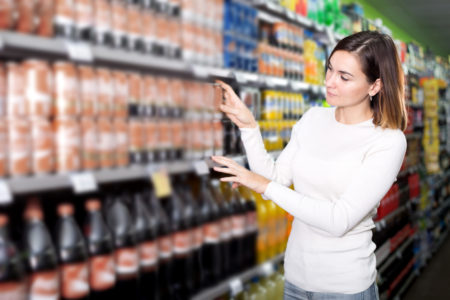
Share On Social!
The EPA recently proposed a revision of its Waters of the United States rule that intends to roll back clean water initiatives.
The change─the so-called Trump “Dirty Water Rule”─could reduce the number of rivers and lakes regulated under the Clean Water Act. It would also result in 18% of streams and 51% of wetlands to no longer fall under the EPA’s protection, leaving millions of Americans vulnerable to polluted water, according to The U.S. Geological Survey.
Water poverty, or a lack of a toilet, tub, shower, or running water, affects nearly 1.6 million Americans, according to U.S. census data. Latinos already face chemical exposure in water at home and on military bases.
EPA wants your public comment on its proposed clean water rollback!
Email EPA Chief Andrew Wheeler Now for Clean Water!
Dear EPA Administrator Wheeler,
Clean water regulation is vital for Latinos, and all families. These protections ensure the quality of our country’s water, which affects people’s health and well-being.
If enacted, thousands of bodies of water could fall victim to pollution and contamination. The EPA cannot roll back regulations to accommodate the needs of the private sector, especially if it harms our planet and people.
Water poverty is an issue that affects nearly 1.6 million Americans, especially Latinos and other communities of color. The proposed rule has the potential to make that number rise, not help it fall.
The EPA needs to put the interests of the people it serves ahead of any corporation’s goals. Do not change your rules in a way that has the potential to cause harm to our environment, and by extension, all the people who live in our environment. I urge you to keep our waters, and Latinos, clean and safe from pollution and contamination.
Thank you!
New Rules
 Last month, Wheeler made comments in support of the need for clean water, noting its importance for people’s well-being.
Last month, Wheeler made comments in support of the need for clean water, noting its importance for people’s well-being.
“Well, the mission of our agency is to protect public health and the environment and that’s what we do and we do that every day,” Wheeler told CBS. “You know, it’s public health and the environment and that is our mission.”
Yet, his agency’s proposed rule seems to contrast those remarks starkly.
The EPA states this rule would better define what bodies of water do and do not need to be regulated. However, scientists have spoken up saying it would do the opposite, according to Energy & Environment News.
EPA is accepting public comments from now through April 15 at regulations.gov or by email.
EMAIL EPA: WE WANT CLEAN WATERS!
Need for Regulation
 Latinos across the country grapple with healthy inequity, including access to clean drinking water.
Latinos across the country grapple with healthy inequity, including access to clean drinking water.
No hard evidence genuinely illustrates the disparities concerning this issue, according to George McGraw, founder of the clean water access nonprofit DigDeep. The only data available is drawn from the U.S. census, which shows that water poverty impacts roughly 1.6 million Americans.
“The census data does reveal this much: The problem is experienced most acutely by African Americans in the rural South, Latinos in the rural Southwest…” McGraw wrote in a Los Angeles Times op-ed last year.
“These are notoriously hard-to-count populations for the census, and data on them is often inaccurate. Even worse, the census’ big number — 1.6 million — doesn’t include the millions of Americans who have plumbing but unsafe tap water.”
Send your comment now on the EPA’s proposed rule by April 15.
EMAIL EPA: WE WANT CLEAN WATERS!
Editor’s Note: This article is part of a collaboration between Salud America! and the Hoffman Toxicant-Induced Loss of Tolerance (TILT) program at UT Health- San Antonio. To find out if you are TILTed due to exposure to everyday foods, chemicals, or drugs, take a self-assessment or learn more about TILT.
By The Numbers
74
percent
of Latino kids have had a sugary drink by age 2 (vs. 45% of white kids)



